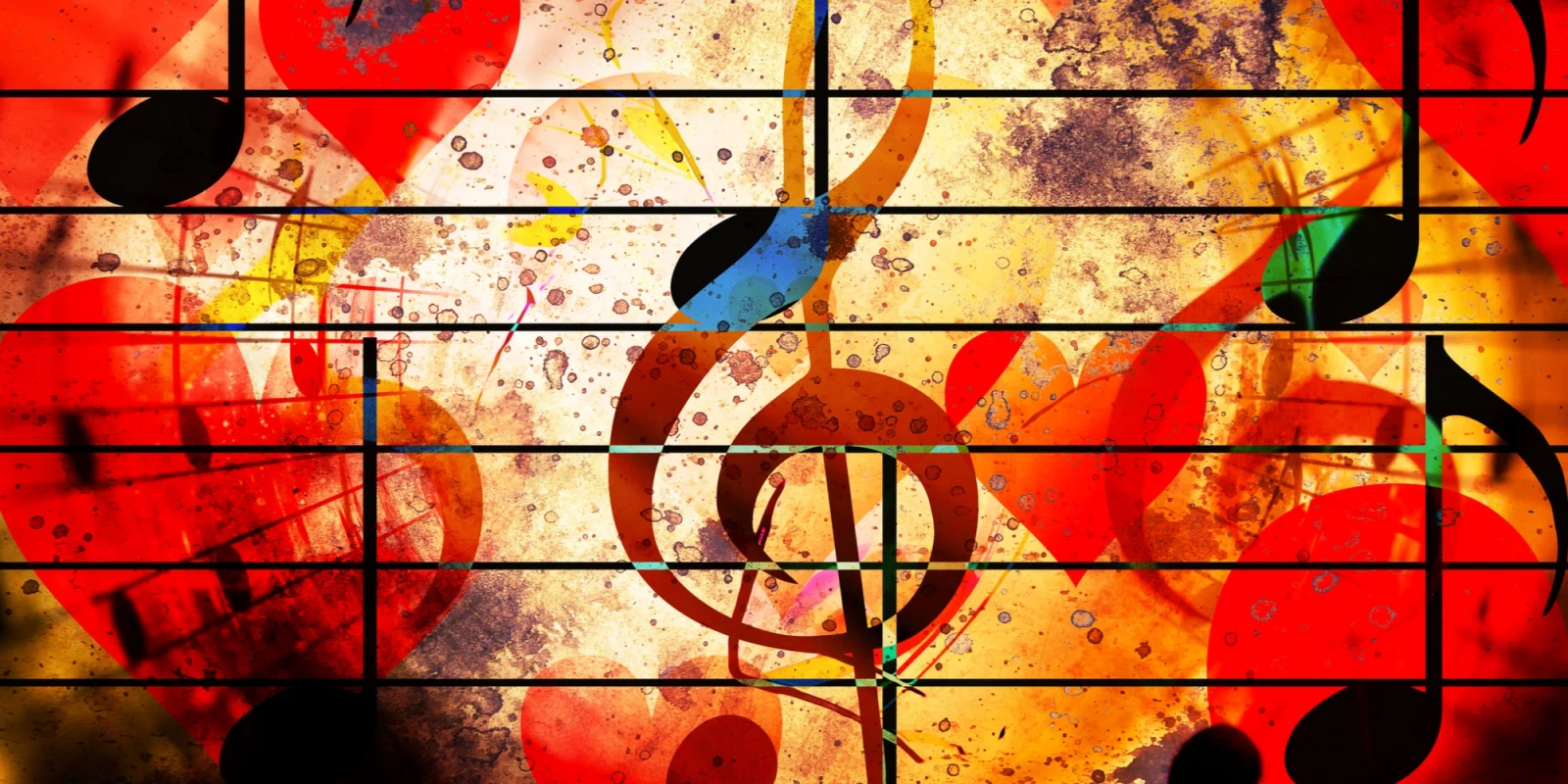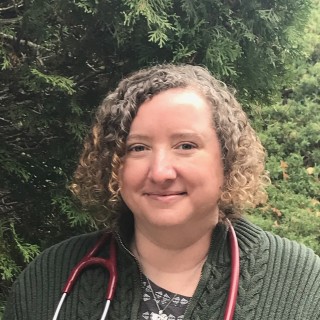
I have had a complex relationship with music. As a child, I had several instances of feedback that I was "bad at music." When my class would sing at assemblies I would get side glances and subtle and not so subtle clues that I should be at the edges and sing quietly. I played the viola from 2nd grade to 9th grade. I had fun in orchestra class. For the rehearsals, I was placed sharing a music stand with a strong player in the front so she could help me. But for concerts, I was placed at the back. By myself. By the time I reached 10th grade, I had dropped all involvement with music. After all - I was "bad at music" so even though it gave me joy I dropped it. As an adult, I listened to music and sang along quietly if alone in the car. When I joined a church and there was singing - I barely whispered to the songs.
As a resident, I had some exposure to music therapists in the hospitals. I saw how happy the kids and families were when spending time with the music therapists. I love seeing the therapist enter the floor - arms loaded with instruments. One day a teen was admitted to the medical floor in florid psychosis. She was non-verbal. Further, she spoke no English and was totally cut off from communication with anyone. I asked the music therapist to spend some time with her - not sure what would happen. I later found the child tapping a drum in time to the singing of the therapist - a bridge had been built. It was the only instance of reciprocal exchange and connection the child had experienced in days. Music broke through the psychosis and healed. Later in my life, I met a friend who was a professor of music therapy and a musician and often played in church. Her website introduced more stories of music therapy's healing.
This year I faced the tremendous pain of post-herpetic neuralgia and I turned to music as a source of healing for myself. As a method of coping I have been practicing short daily sessions of restorative yoga and Loving Kindness meditation or metta. I found the Pandora channel Classical Meditation. I found the music soothing although I hadn't listened to classical in ages. First I began listening just for these meditative sessions but then my listening expanded. I now often keep the channel on as I work and I find it lowers my heart rate and soothes me. I listen while driving. I found a series of meditative classical CDs at the library that I downloaded so I have hours of music for when offline. I have rediscovered the joy of music and its healing effect. Song was truly transformative. In the car on the way to undergo painful procedures, I had a relaxing music playlist and once in the pre-op area I would listen on headphones to meditative classical as I got my IV and was positioned on the procedure table.
Then suddenly this month I was healed of a great deal of my pain and my energy and vitality returned. I found myself playing cheerful music in the car turned up loud and loudly singing along. I didn't want to listen to the melancholy indie rock anymore and created a cheerful playlist on my phone. Before I was stuck in a monotone low whisper singing in the car but now I was able to sing along and change my notes. In church, I was singing along audibly and with a stronger, more musical, sound. As my body healed - song returned. Music was with me all along this journey and once my spirit was restored my singing spirit returned as well.
Music has the power to transform. Lift the spirit. Build connections. Heal. I hope that more people can have access to music therapists. Music can be a greater anxiety-reducer and help people cope with pain more than medication in some cases.
Heather Finlay-Morreale, MD, is a board-certified primary care pediatrician working for Nashaway Pediatrics, a practice run by UMass Memorial in Sterling, Massachusetts. Her interests include mental health, mindfulness, and general well-being.






